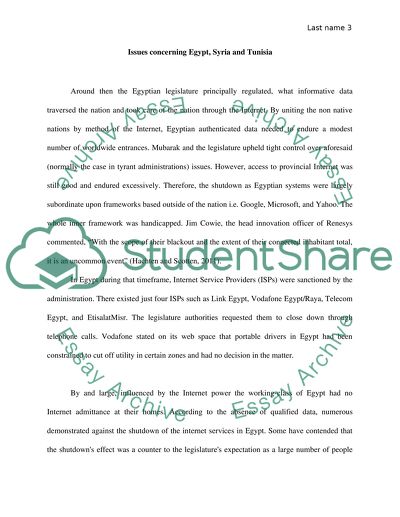Cite this document
(“Impacts of internet usage on Egypt, Syria, and Tunisia Essay”, n.d.)
Retrieved from https://studentshare.org/journalism-communication/1402688-impacts-of-internet-usage-on-egypt-syria-and
Retrieved from https://studentshare.org/journalism-communication/1402688-impacts-of-internet-usage-on-egypt-syria-and
(Impacts of Internet Usage on Egypt, Syria, and Tunisia Essay)
https://studentshare.org/journalism-communication/1402688-impacts-of-internet-usage-on-egypt-syria-and.
https://studentshare.org/journalism-communication/1402688-impacts-of-internet-usage-on-egypt-syria-and.
“Impacts of Internet Usage on Egypt, Syria, and Tunisia Essay”, n.d. https://studentshare.org/journalism-communication/1402688-impacts-of-internet-usage-on-egypt-syria-and.


